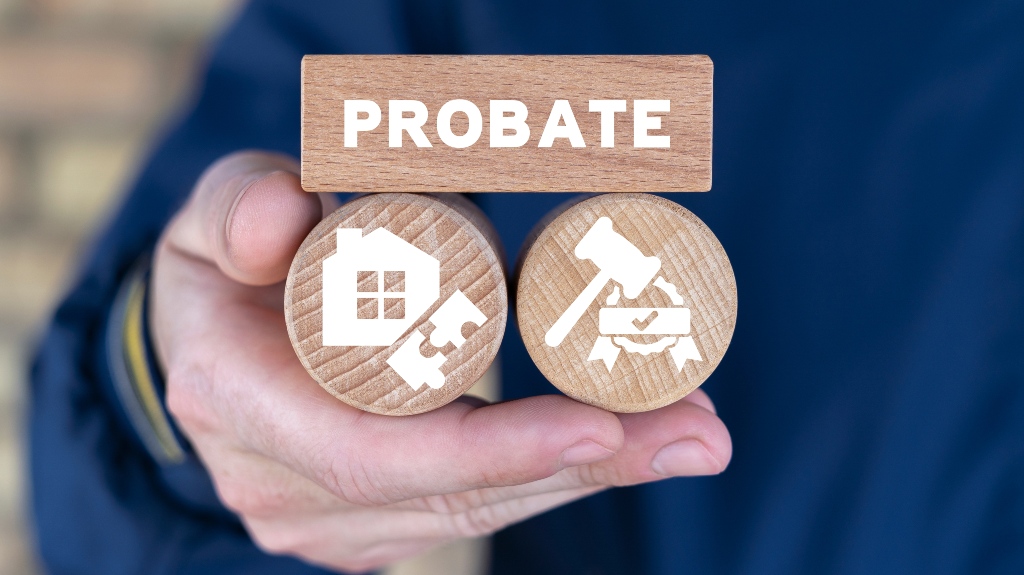
After someone passes away, their estate may end up in probate. Generally, this process involves ensuring that the deceased individual’s will is valid. The court will also identify and distribute their property to the person’s heirs. Many people want to avoid these proceedings because they are lengthy and costly. Is probate required in Illinois? Here is what you need to know.
How Probate Works in Illinois
This legal process takes place after a person passes away. The executor of the individual’s estate will begin the legal proceeding. They must file the will with the probate court to start the process. After that, the executor takes the lead role in managing the distribution of the person’s assets according to their will’s terms.
However, that is not the only duty of the executor. They need to pay off taxes and debts from the estate. These debts usually include credit card debt, medical bills, and federal or state taxes. If the estate does not have enough funds to resolve the debts, the executor will be responsible for selling off the deceased person’s assets.
For many individuals, they want to avoid going through the probate process. It can be complicated, time-consuming, and expensive. This process is also public, meaning there is no guarantee of privacy. Fortunately, not all estates have to proceed through probate in Illinois.
When Is Probate Required in Illinois?
In the state of Illinois, probate is required when the deceased has personal property valued at over $100,000. This legal proceeding is necessary if they have owned real estate in their name. Remember that trusts and wills can also affect whether the estate must proceed through probate. In many cases, the assets can be distributed to the heirs or beneficiaries if there is a trust.
However, a will may still need to go through the probate process. Certain assets, such as life insurance payouts, retirement accounts, and living trust assets, can skip the probate process. They will pass to the designated beneficiary without any additional legal proceedings.
For any deceased individual’s personal property worth less than $100,000, the heirs can use a small estate affidavit to obtain that property. This affidavit can work in some situations, such as:
- The estate does not have real estate.
- No credit claims have been made.
- The estate value is less than $100,000.
- All the taxes and debts have been paid.
- There are no disputes between the heirs or beneficiaries.
By using this affidavit, the estate can avoid any probate. However, there are more appropriate options in some cases. If you would like to know whether an estate must head to probate, contact an experienced attorney who handles estate planning..
Avoid Probate in Illinois
Is probate required in Illinois? In many cases, the answer is yes. But if you want to stay out of probate, there are options. Unfortunately, some estates must pass through this legal process. For others, there are ways to settle an estate without probate.
If you want to learn more about the probate process in Illinois, contact the legal team at Bielski Chapman, LTD. To schedule a free 15-minute consultation, please contact our office at (312) 583-9430.
